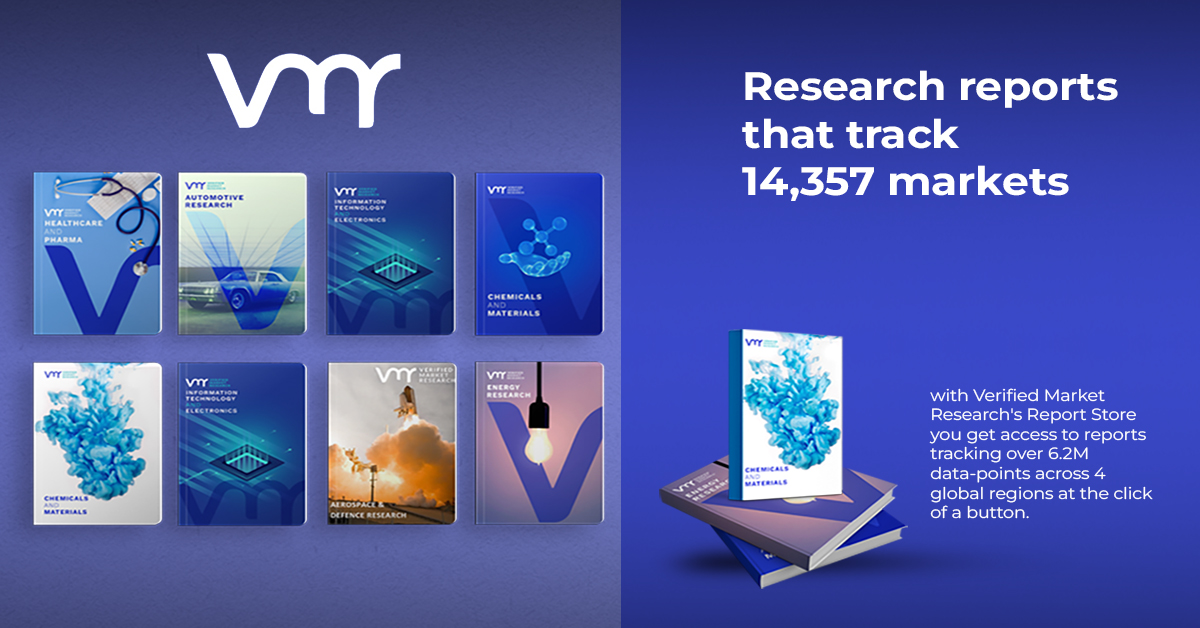The Rapid Evolution of the B2C Fuel Cards Market: Trends, Innovations, and Future Prospects
The B2C fuel cards market has experienced significant growth in recent years, fueled by advancements in technology, changing consumer needs, and the increasing demand for efficient expense management tools. From the rise of smart fuel cards to enhanced analytics integration, this industry is adapting rapidly to modern digital and environmental demands. Here’s an in-depth look at the latest developments in the B2C fuel cards sector.
Key Market Trends and Insights
1. Growth in Global Market Size
The global fuel cards market, encompassing both B2B and B2C applications, was valued at approximately $690.48 billion in 2022 and is projected to grow at a compound annual growth rate (CAGR) of 9.8% from 2023 to 2030. This impressive growth is primarily driven by the widespread adoption of digital payment solutions and the integration of fleet management systems, which streamline expense tracking and fuel consumption optimization.
2. Rising Popularity of Smart Fuel Cards
Smart fuel cards are revolutionizing the market by offering enhanced security and functionality. With embedded microchips and encryption mechanisms, these cards reduce the risk of fraud while providing users with real-time expense tracking. This added layer of security and convenience has made them a preferred choice among consumers, particularly for personal vehicle maintenance and fuel management.
3. Sustainability and Green Initiatives
In response to increasing environmental concerns, several companies are offering fuel cards that support alternative fuels and electric vehicle (EV) charging. For instance, Shell’s Fuel Rewards program now integrates sustainability-focused incentives, reflecting a broader trend towards promoting cleaner energy solutions.
4. Integration with Mobile Technology
The shift towards mobile frictionless payments is another significant trend in the market. Consumers increasingly expect seamless experiences across all points of contact, including fuel purchases. Mobile-enabled fuel cards, coupled with apps offering real-time data and analytics, enhance convenience and provide additional value through rewards and discounts.
5. Universal vs. Branded Fuel Cards
Universal fuel cards dominate the market due to their versatility and wide acceptance across multiple gas station networks. These cards often include added services such as transaction reports and telematics, which cater to both individual and fleet users. On the other hand, branded fuel cards remain popular among loyal customers seeking exclusive rewards and promotions tied to specific fuel providers.
Regional Developments
Europe Leading the Way
Europe accounted for the largest share of the fuel cards market in 2022, driven by a robust transportation infrastructure and advanced technology integration in fuel stations. Governments in the region are also promoting the use of fuel cards to monitor and optimize fuel consumption, further boosting market adoption.
Asia-Pacific and Emerging Markets
In Asia-Pacific, rapid urbanization and an expanding middle class are driving demand for fuel cards. This region is expected to see the fastest growth during the forecast period, with countries like India and China leading the charge due to increasing vehicle ownership and digital payment adoption.
Competitive Landscape and Recent Innovations
Major players in the market include WEX Inc., FLEETCOR, Shell plc, ExxonMobil, and Absa Group Limited. These companies are continuously innovating to enhance customer experiences. Key strategies include offering advanced analytics, integration with fleet management software, and introducing rewards tailored to individual and corporate users.
Recent Developments:
- PDI Technologies Collaboration with Shell (2023): PDI partnered with Shell to enhance its Fuel Rewards program, showcasing the industry’s focus on providing value-added services.
- WEX’s Advanced Analytics Tools: WEX has introduced cutting-edge analytics platforms for personal and corporate fuel card users, enabling better decision-making and expense management.
Benefits Driving Consumer Adoption
Fuel cards offer a range of benefits that make them highly attractive to individual consumers:
- Expense Tracking: Users can monitor spending in real-time, ensuring greater control over personal budgets.
- Discounts and Rewards: Many fuel cards provide cashback or discounts on fuel purchases, along with rewards for frequent use.
- Enhanced Security: Features like chip technology and fraud detection mechanisms protect against unauthorized transactions.
- Convenience: Fuel cards are widely accepted at gas stations and often cover additional services like vehicle maintenance and toll payments.
Challenges in the Market
Despite its growth, the B2C fuel cards market faces some challenges:
- Cybersecurity Concerns: The reliance on digital systems increases the risk of data breaches, requiring providers to invest heavily in security infrastructure.
- Competition from Digital Wallets: As mobile payment platforms like Apple Pay and Google Pay gain traction, fuel cards must innovate to remain competitive.
- Economic Volatility: Fluctuations in fuel prices and economic downturns can impact consumer spending and card usage.
The Road Ahead: What to Expect
As technology and consumer needs continue to evolve, the future of the B2C fuel cards market looks promising. Here are some anticipated developments:
- AI-Driven Insights: Advanced analytics powered by artificial intelligence will offer users deeper insights into their spending habits.
- Expansion into EV Charging: With the rise of electric vehicles, fuel card providers are likely to integrate EV charging networks into their offerings.
- Personalized Rewards Programs: Tailored rewards based on user behavior and preferences will become a key differentiator for providers.
- Blockchain Technology: The adoption of blockchain could enhance transaction security and transparency, further building consumer trust.
The B2C fuel cards market is undergoing a transformative phase, driven by technological advancements and shifting consumer expectations. From the integration of smart technology to the push for greener solutions, fuel cards are no longer just a payment tool—they’re becoming a comprehensive solution for managing vehicle-related expenses. As providers continue to innovate and adapt, consumers stand to benefit from enhanced convenience, cost savings, and sustainability-focused offerings.
With a promising future ahead, the B2C fuel cards market is well-positioned to meet the evolving needs of a tech-savvy and environmentally conscious consumer base.
For further details, refer to sources like Verified Market Reports and Grand View Research for in-depth market analyses.









